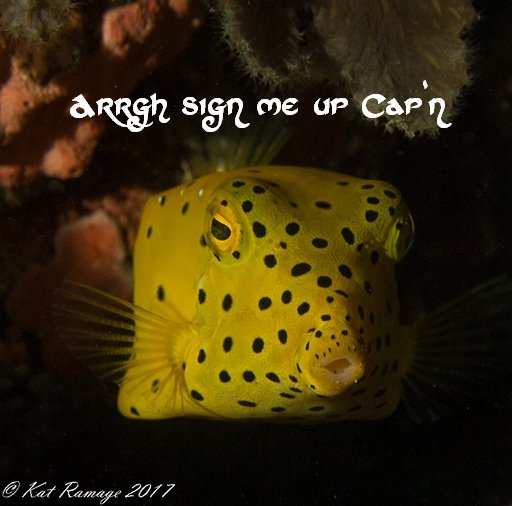6 Ways we can All Protect the Coral Reefs
In 2018, on May 1, Hawaii banned the use of certain sunscreens that are harmful to coral. In November, Palau followed suit. With 14,000 tons of sunscreen washing into the ocean every year, there is a real danger to the coral reefs we love and enjoy.
At the same time, tourism is one of the strongest protectors of coral reefs and dive sites around the world. Globally, coral reef tourism is worth $36 billion every year. Quite an incentive for governments to care for and protect their coral reefs. It can get confusing for divers–are we caring for or hurting our coral reefs?
Here are some ways you, a responsible diver, can help us protect and preserve our coral reefs for years to come.
Increase Your Skill
Our coral reefs and marine life are more delicate than they look. Sometimes, just by kicking up too much sediment, we can make it hard for corals to clean themselves. One way we as divers help protect the reefs is to make sure we hone our dive skills until we can enjoy them without touch or damage. For example;
A Scuba Skills Update
provides you with the opportunity to review and practice necessary scuba skills that you learned in your original Open Water Diver program under the guidance of an SSI Dive Professional. The Scuba Skills Update is often a required for continuing your diving training after a long period of time away from the sport.
SSI Perfect Buoyancy
Do you want to increase your buoyancy control, minimize your breathing gas consumption, or move effortlessly above the ocean floor? The SSI Perfect Buoyancy program teaches you the skills and techniques needed to maximize your dive experience, increase your comfort in the water, and get the most from your equipment. You will earn the SSI Perfect Buoyancy Specialty certification.
Use Gear that is Sustainable
One of the biggest pollution creators in the ocean is plastic. More importantly, in looking at how plastic impact the reef, it isn’t just about the trash, but the significant increase in disease based on contact. The likelihood of disease increases from 4 percent to 89 percent when corals are in contact with plastic.
When looking at gear options, look at using gear that is sustainable. Research gear that is eco-friendly, gear that uses solvent-free glue and works to be the “bluest” gear on the market.
It’s not just gear but support companies that actively use sustainable practices throughout the whole manufacturing process
Post Instructive Photos or Videos
Social media is a great way to encourage eco-conservation. When you post photos or videos, you could also share a little more trivia about the reef, fish, or other marine life. You can also add a reminder or tip about how to get close to your subject matter without harming any life forms.
Share Your Experiences
As an environment-aware diver, let your voice be heard by sharing your experiences. Sometimes, different divers and bloggers post and share what they did without encouraging responsible diving. New or first-time divers read these experiences and don’t find out that there’s more to diving than just good pictures and surreal views. Add your voice to the newsfeed and share how conservation efforts allow you and others to enjoy different dive sites.
Help Through Clean-Up Dives
You can ask your scuba dive guide if it’s okay to pull out trash you see floating around or embedded in the sea floor. With the number of tourists and divers in one spot, it’s not always easy for caretakers to keep the beaches clean. When you have the chance, even on the beaches, you can help pick up and properly dispose of man-made trash.
SSI even has specific courses to equip divers to better understand the marine ecology and our impact upon it. Plus there are many ways you can participate actively in cleaning up coral reefs and other dive areas. You could even become an instructor and help other divers turn their dives into advocacies that protect our reefs.
Or join Trash Hero on one of their weekly clean ups around Bali.
“TRASH HERO is an energetic, volunteer-led movement that drives change within communities around the world, motivating and supporting them to clean and prevent plastic waste.”
The Green Fins Initiative
The United Nations Environment and The Reef-World Foundation internationally coordinate this initiative. It holds dive centres, guides, and partners to a 15-point code of conduct that preserves the environment.
You can take part by diving with Green Fins dive centers (we proudly are one of them), becoming a Green Fins dive guide if you are an instructor, or even donating to Green Fins if you would like to take part in that way.
Diving is a wonderful experience that shows us the very real natural beauty of the underwater world. Join us in our adventure to protect, preserve, and enjoy our coral reefs!

James Donaldson, Contributor
James is an avid diver that loves to write almost as much as he loves to dive. James fell into diving backwards. His first job out of high school was fish tank maintenance for a local fish store, and he fell in love with coral, fish, and invertebrates.










